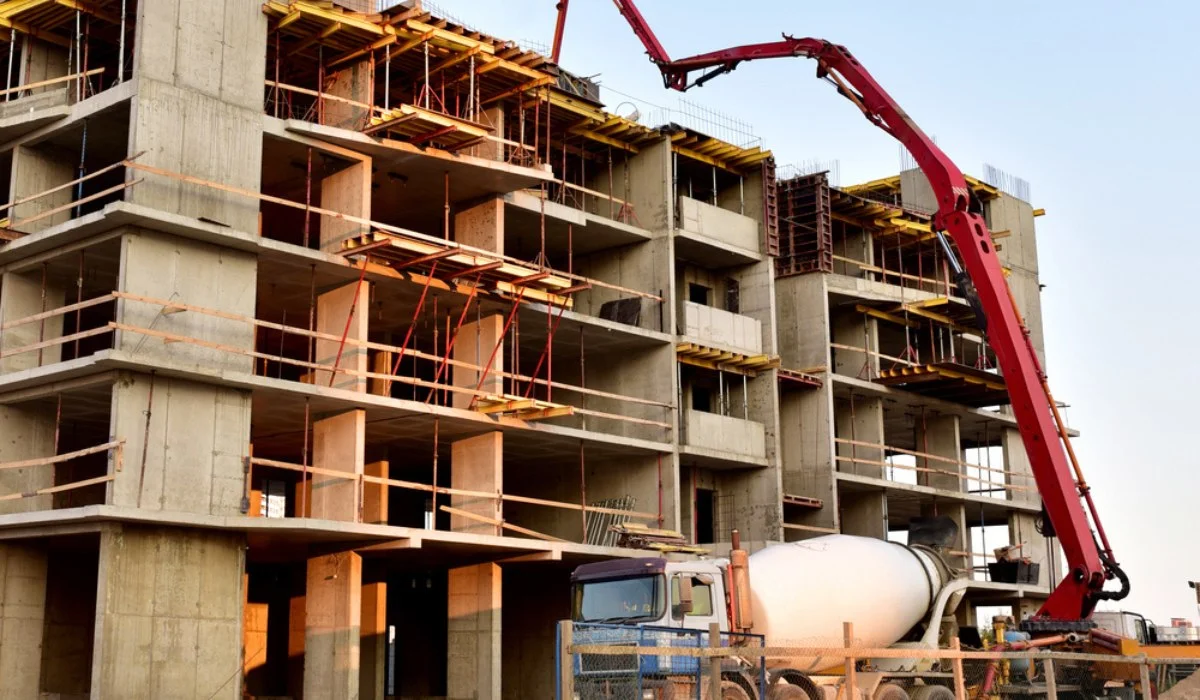In the construction industry of today sustainability is an important issue. In a world that is grappling with environmental issues and the need to adopt sustainable practices in construction can be crucial in reducing carbon footprint as well as conserving precious natural resources. Concrete pumps play an integral function in the transition towards eco-friendly construction. This article will provide a thorough review of the role concrete pumps play in green construction methods.
1. Effective Use of Resources
Concrete pumps permit precisely laying concrete which reduces the amount of waste. Concrete pouring methods that are traditional typically result in excess concrete that is used, resulting in the waste of materials. Concrete pumps on the contrary, produce precisely the quantity of concrete needed, thus reducing the use of material and assisting in better resource management.
2. Reduced energy and labor consumption
The use of concrete pumps drastically reduces the amount of labor needed for placing concrete. This reduces not just the cost of labor but also reduces the amount of energy used in manual work. This machine is built to work efficiently, delivering massive quantities of concrete while using the least amount of energy. This aligns with the ideals of sustainable construction. This is done by decreasing total energy consumption at the site of work.
3. Minimized Environmental Impact
Concrete pumps help reduce the environmental impacts associated with construction. Concrete pouring techniques that are traditional could cause significant disruption to the environment around it such as soil compaction and the destruction of vegetation. Concrete pumps, thanks to the ability to transport concrete to areas with difficult access, reduce the requirement for extensive preparation of the area and heavy equipment, thereby protecting the natural landscape as well as decreasing the impact on nature.
4. Higher quality and durability
The high-precision that concrete pumps provide ensures that concrete is placed precisely and in a consistent manner, which leads to a stronger structural foundation. A high-quality structure reduces the requirement to make repairs or maintenance that in turn reduces use of other material and energy during the life of the building. Sustainable construction doesn’t just mean being concerned with using sustainable materials, as well as creating sturdy structures that will stand against the tests of time.
5. Improved Safety Standards for the Workplace
Concrete pumps improve the safety of construction sites by eliminating the necessity for the manual handling of and transporting of concrete. It reduces the chance of injuries and accidents, creating a more secure work environment. Sustainable construction methods are focused on worker health and safety and their families, and using concrete pumps helps achieve this objective by improving the site’s safety while reducing the risk to health that are associated with conventional methods of concrete pouring.
6. Support for Green Building certifications
Numerous green building programs, including LEED (Leadership in Environmental and Energy Design) insist on the necessity of efficiency in resource usage and a reduction in environmental impact. Concrete pumps could help earn credits under these programs, by showing a dedication to environmentally sustainable practices in construction. Developers and builders can benefit from the advantages of concrete pumps in order to comply with stringent environmental requirements and attain higher certification levels.
7. Versatility in Sustainability Projects
Concrete pumps are versatile devices to be employed for a variety of environmentally sustainable construction that range from small residential homes to massive infrastructure projects. The ability of concrete pumps to precisely position concrete at difficult locations can make them perfect for building eco-friendly structures, green roofs as well as other environmentally friendly constructions. This flexibility is in line with the rising need for eco-friendly construction methods across a range of industries.
Conclusion
Concrete pumps play a crucial role for sustainable construction methods that can’t be understated. Through facilitating efficient use of resources by reducing energy and labor consumption, and minimising environmental impacts as well as enhancing the performance and endurance of structures, concrete pumps are a significant contributor to durability of construction projects. The fact that they can support better security standards as well as green building certificates further emphasizes their significance in the construction industry.
While the industry of construction continues to move towards eco-friendly techniques, the introduction of cutting-edge technologies such as concrete pumps is essential. Through embracing the latest innovations developers and builders can develop sustainable, durable structures that will meet the requirements of our times without harming the health of generations to come. Making the investment in concrete pumps isn’t only a move towards efficient operation, but it is as a pledge to create sustainability and a responsible sector of construction.

